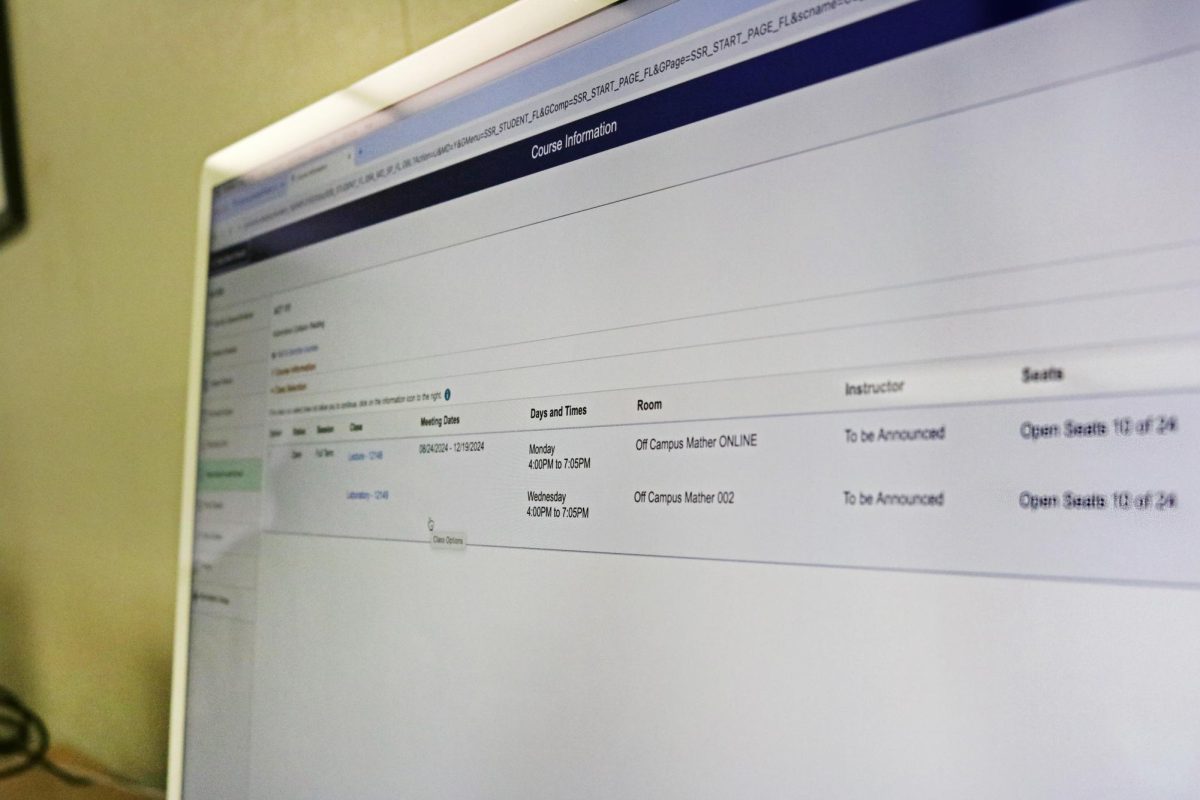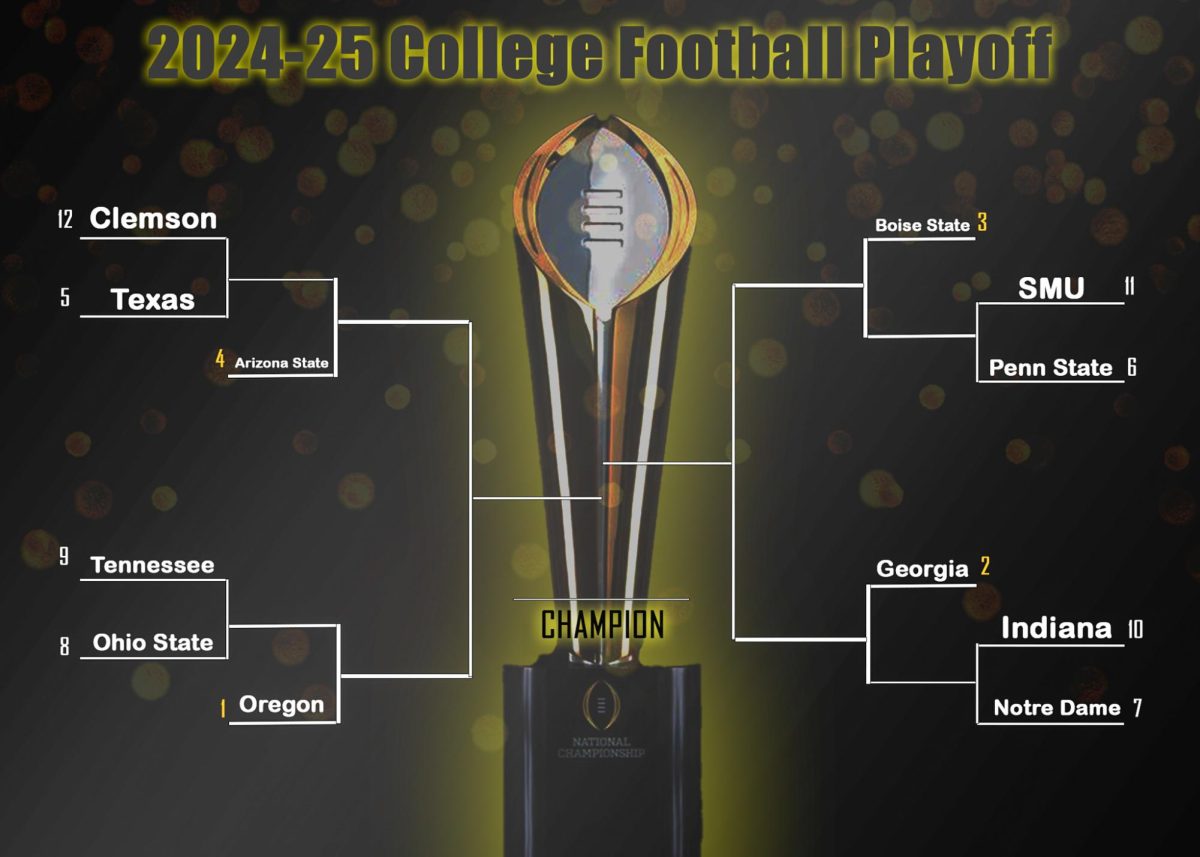Following the second Associated Student Body Student Senate special election in one year, Jorge Riley has once again been denied the Student Senate presidency, losing to opponent Tamara Dunning by a margin of one vote.
But why did it come to this? Why was Riley’s win in the spring election invalidated? Why did the invalidation happen over the summer? Why did it happen without an explanation to the student body? Furthermore, why were individuals historically at odds with Riley on the committee that looked into campaign violations?
As the Current previously reported, Riley’s win was invalidated following a recommendation from former interim president Pam Walker to the Los Rios Chancellor’s Office, after a committee that included representatives from the Clubs and Events Board and the Student Senate was tasked with investigating complaints of campaign violations.
Riley, who served as the Student Senate’s director of finance last semester, says he believes the campaign violations are related to campaigning in the library, which is against campaign rules. Riley contends that he was merely in the library to utilize the copy facilities.
“I asked the front desk if I could print my flyers,” Riley said in a previous interview with the Current. “I was getting permission. I was only in the library cutting up my little things.”
Apart from Riley’s claim, we don’t know the truth of what happened, because the powers that be have not seen fit to explain it to us.
Judging by the apparent decision of the committee, whatever Riley did in the copy room constitutes campaigning.
The committee that invalidated Riley included former Student Senate president Kenneth Hinton and former Current editor-in-chief Jeff Gonzales, both of whom have a recorded rivalry with Riley.
In 2013, Riley was arrested on campus for allegedly being under the influence of alcohol. When the Current ran a story on the arrest, Riley was seen throwing copies of the paper in the trash–a misdemeanor offense in California–which led to a public confrontation with then editor-in-chief Gonzales.
Riley’s rivalry with Kenneth Hinton is well documented, as they frequently found themselves at political odds in ASB meetings. Furthermore, Hinton actively assisted the campaign of Riley’s opponent, Tamara Dunning, during the recent special election.
Why did Hinton and Gonzales not recuse themselves from the committee? Hinton’s actions represent a clear conflict of interest.
Riley’s time at ARC has been controversial. When he began his ASB career as a senator in 2008, American River College made national news by being the first publicly funded school in California to endorse Proposition 8, the ban on same-sex marriage.
Later in 2013, Riley’s petition to run for ASB president was invalidated, prompting him to claim in a letter to the editor of the Current that the school’s administration was attempting to keep him out of office.
When asked recently why he feels his win was invalidated, Riley reiterated this sentiment.
“It could be the fact that I sit around throwing the administration under the bus all the time because of the horrible things they do,” Riley said.
We, as students, do not get to choose faculty. We didn’t have a say in the appointment of Thomas Greene, the new president of American River College. The ASB Student Senate is where students, by voting, get to choose who represents their interests.
Last spring, for better or worse, the less than one percent of students who voted chose Riley.
Let’s be clear: this is not an endorsement. Simply, we are left questioning whether our votes matter following the administration’s quiet display of how easily they can overrule our will, without even giving us the decency of a real explanation or the transparency befitting what is supposed to be a fair and democratic process.
Why was this committee not held to a standard of transparency? Four separate committee members refused requests for comment from the Current.
The members of the committee refused to even comment on the nature of the alleged campaign violation.
Even Riley feels that he was not given answers.
“I just got kicked and slapped and was given no real reason except that they didn’t like the outcome of the election,” said Riley. “I won by a 25 percent margin. The administration wants a vote on the student government, and then they wonder why students don’t vote. If it’s not going to count, why should they?”













